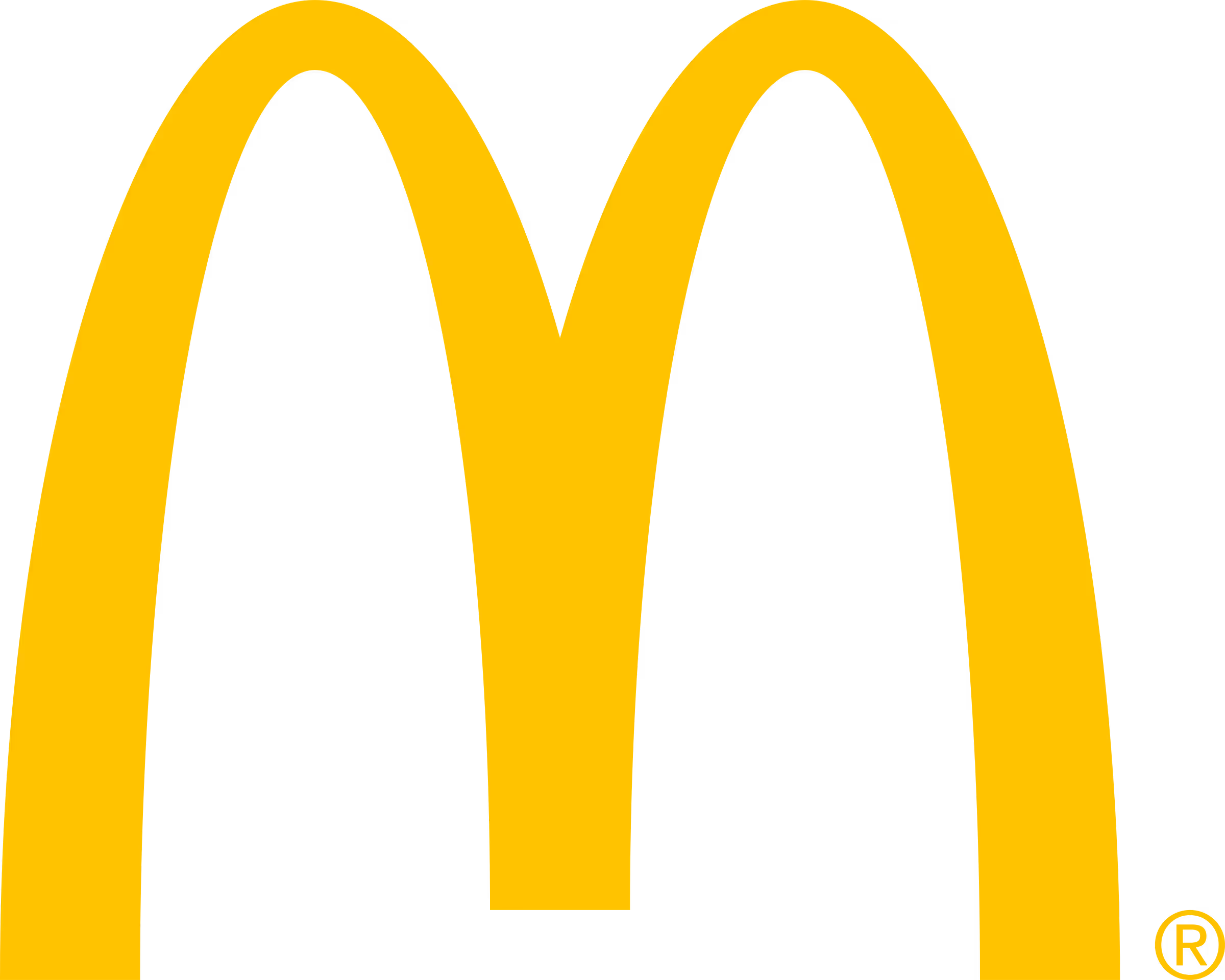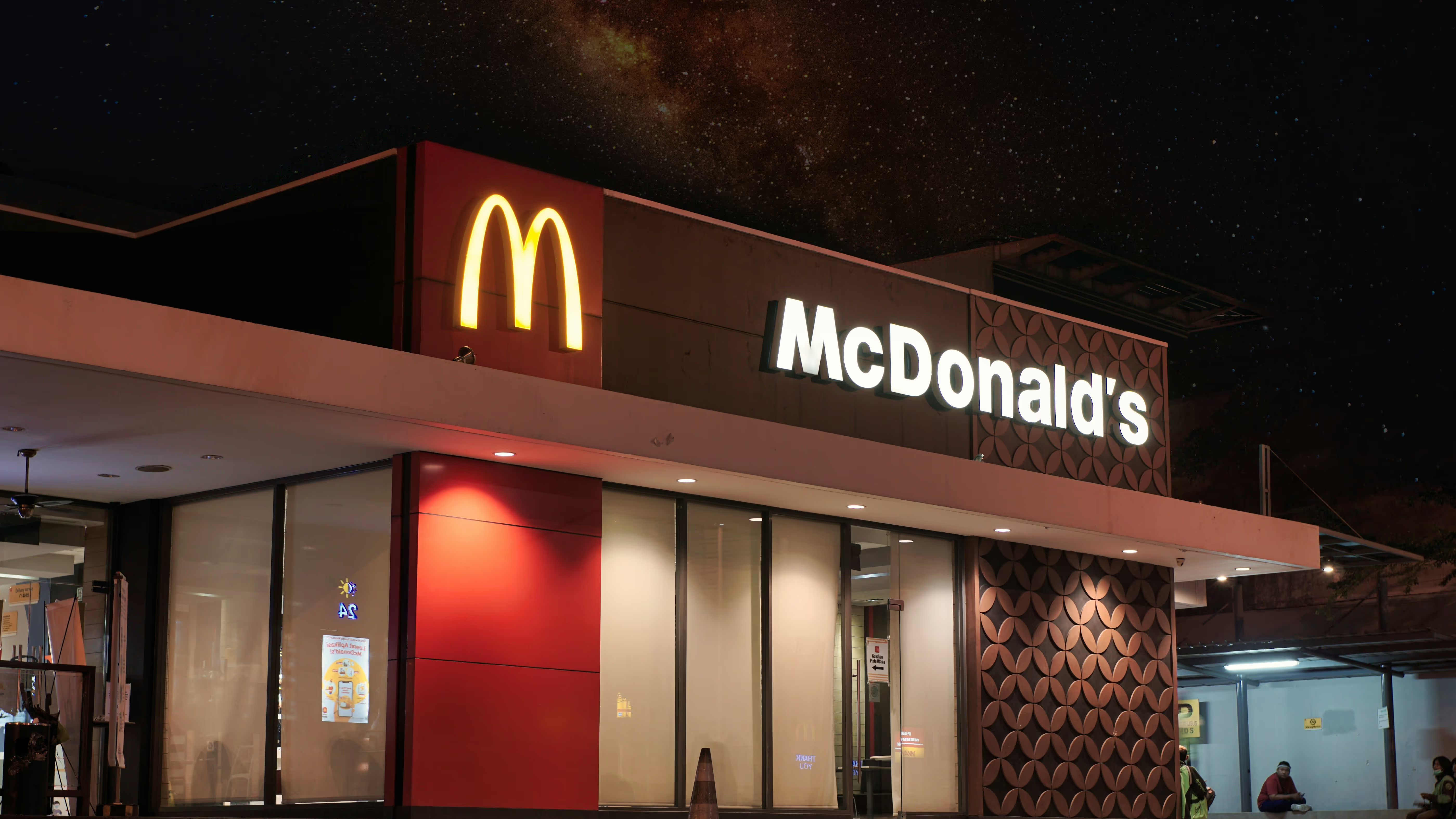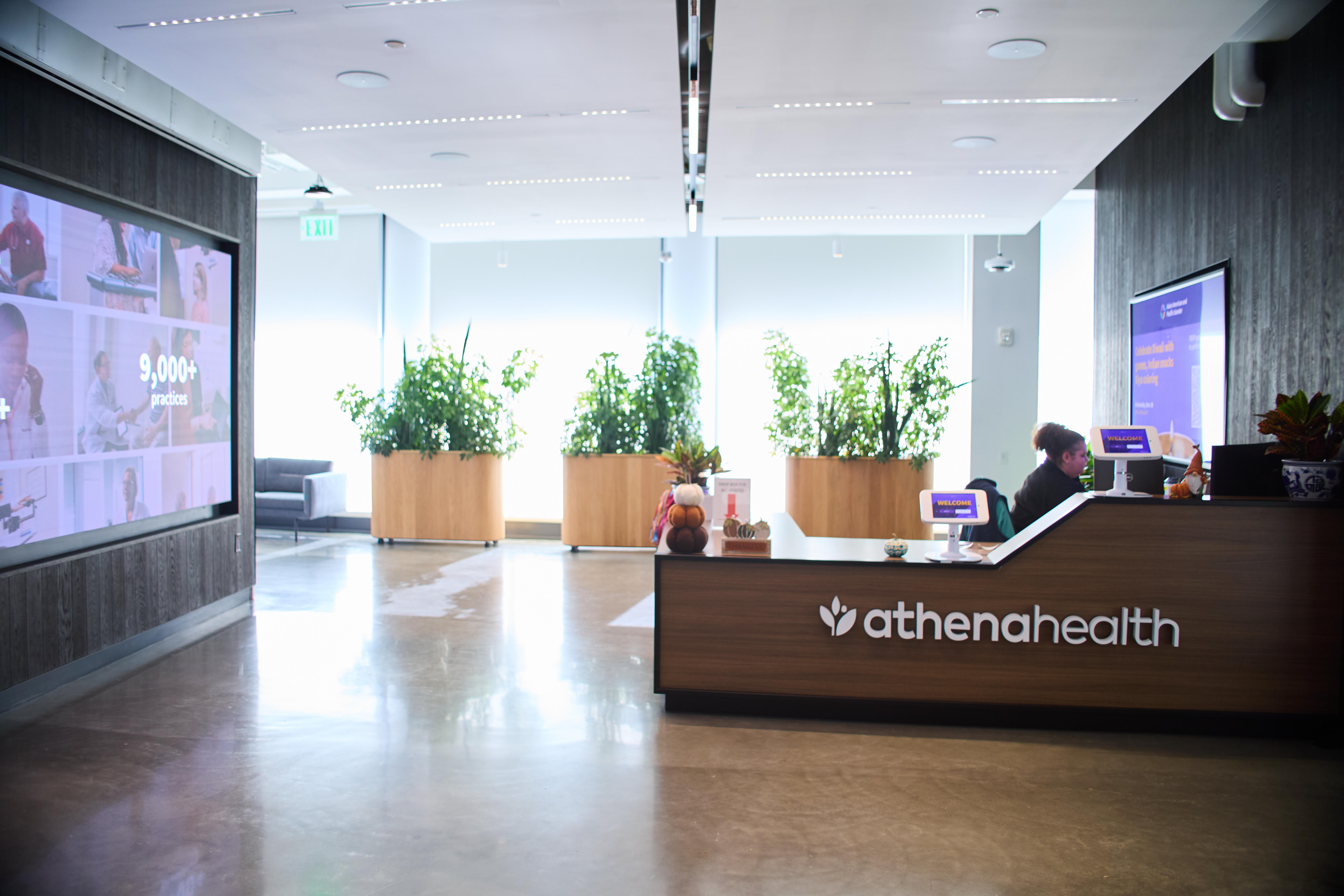Meet McDonald’s
McDonald's, the world's largest fast-food chain, serves millions of customers daily across over 100 countries. Renowned for its iconic menu items and commitment to quality, McDonald's consistently delivers engaging experiences to a global audience. With a strong emphasis on customer satisfaction and operational excellence, McDonald's has long been a leader in the fast-food industry.
In 2023, McDonald’s united fans who descended upon Australia and New Zealand for the FIFA Women’s World Cup. This celebration included a larger-than-life Macca’s Fries packet, standing almost five meters (over 16 feet) tall, which was equipped with a working restaurant to serve up their famous fries.
The challenge
Before implementing monday.com, project management at McDonald's Australia was a complex and time-consuming endeavor. Matt Carey, Business Process Lead at McDonald's Australia, describes the previous workflow as "drowning in a sea of spreadsheets."
"We were stuck on mountains of spreadsheets, under mountains of documents, and endless email chains," Carey explains. "Everything had its own spreadsheet and data page. It was a manual nightmare." This fragmented approach hindered effective collaboration, slowed down decision-making, and made it difficult to track progress.
“Tracking approvals was a manual nightmare, like trying to count sesame seeds on a bun,” Carey shares.
The solution
Simplifying project management
Reckoning with these complexities and considering a new approach, Carey wonders, “Imagine if we could flip these challenges as easily as we flip burgers?” And so McDonald's adopted monday.com as its central project management platform. This strategic decision aimed to streamline workflows, enhance collaboration, and improve overall efficiency. The key for Carey was approaching the monday.com implementation with simplicity.
This included:
- New business process boards: Interconnected boards for a bird's-eye view of all projects. This allows teams from marketing, operations, and logistics to work in sync, despite being in different countries.
- Timeline tracking: All key actions, task owners, and deadlines are collated in one place to become a source of truth. This has freed leadership up from endless meetings, and enabled quick decision-making.
- Automation: Automations were set up within the boards to move things forward, eliminating the need for constant email follow-ups.
- Templates: Templates were created and adapted for specific needs, making it easy to replicate successful processes.
As Carey explains, “We didn’t have to reinvent the wheel here — instead of overthinking our existing complexities, we went back to the basics. We created simple flows with big impact. And when issues arose, our streamlined communication channels allowed for rapid solutions.”
Delivering excellence at scale
According to Carey, the FIFA Women’s World Cup was the perfect opportunity for McDonald’s Australia to “flex these new project management muscles.” This ambitious initiative involved the creation of a unique "fry-thru" pop-up restaurant in Sydney, requiring extensive coordination and collaboration across numerous teams.
"The World Cup required an unfathomable amount of collaboration with a lot of people," Carey emphasizes. "Using monday.com, we mapped out every step of the campaign, our timelines, and key actionable items that we were going to need to deliver." The platform played a crucial role in enabling seamless collaboration between teams. Interconnected boards facilitated smooth communication and coordination, allowing teams to work in sync despite being located in different countries and states. The seamless collaboration and real-time visibility provided by monday.com empowered the team to successfully execute the world's first "fry-thru" activation, which served over 31,632 sets of fries across a 25-day campaign.
The impact
The results were nothing short of transformative. McDonald's reduced the time spent tracking down information from over 20 hours a week to just four, freeing up valuable time for more strategic work. The company also avoided sending over 20,000 unnecessary emails per month, significantly reducing distractions and improving focus. Perhaps most significantly, McDonald's saved 1,224 hours per month, equivalent to adding seven full-time employees to the team. This translated to a remarkable 6X return on investment – a 615% ROI.
Beyond these quantifiable gains, Carey notes a cultural shift began to emerge. Employees started finding information for themselves, fostering a culture of self-reliance and proactivity. “We went from a fragmented, time-consuming process to a streamlined, efficient workflow that allowed us to focus on what really matters – serving our customers and bringing big ideas to life.”





.avif)
























